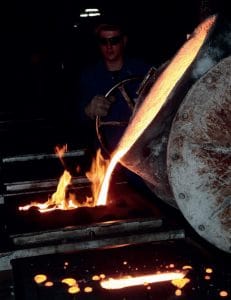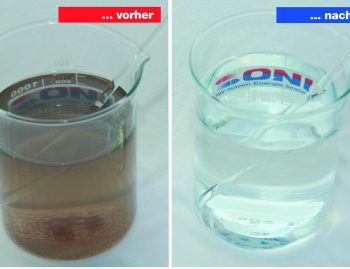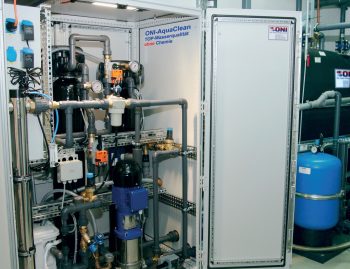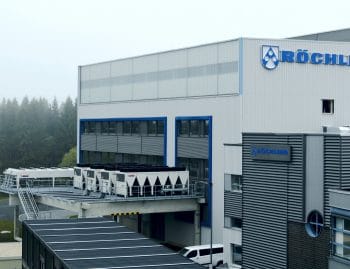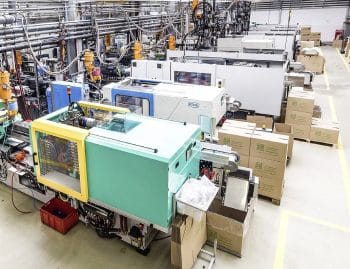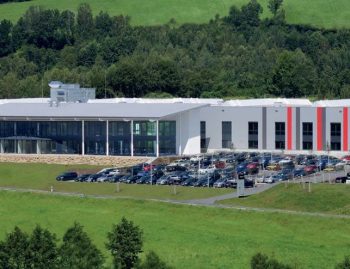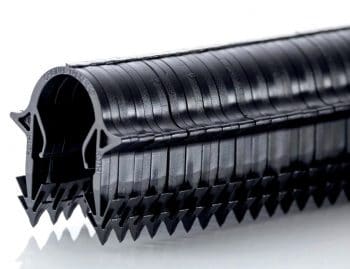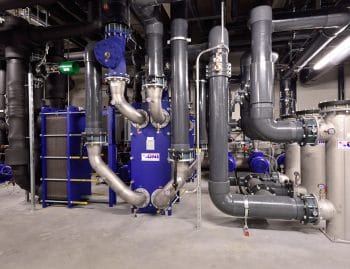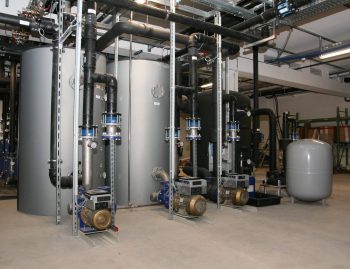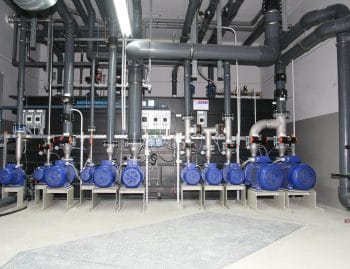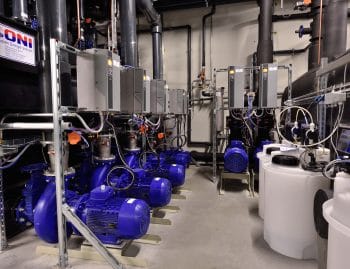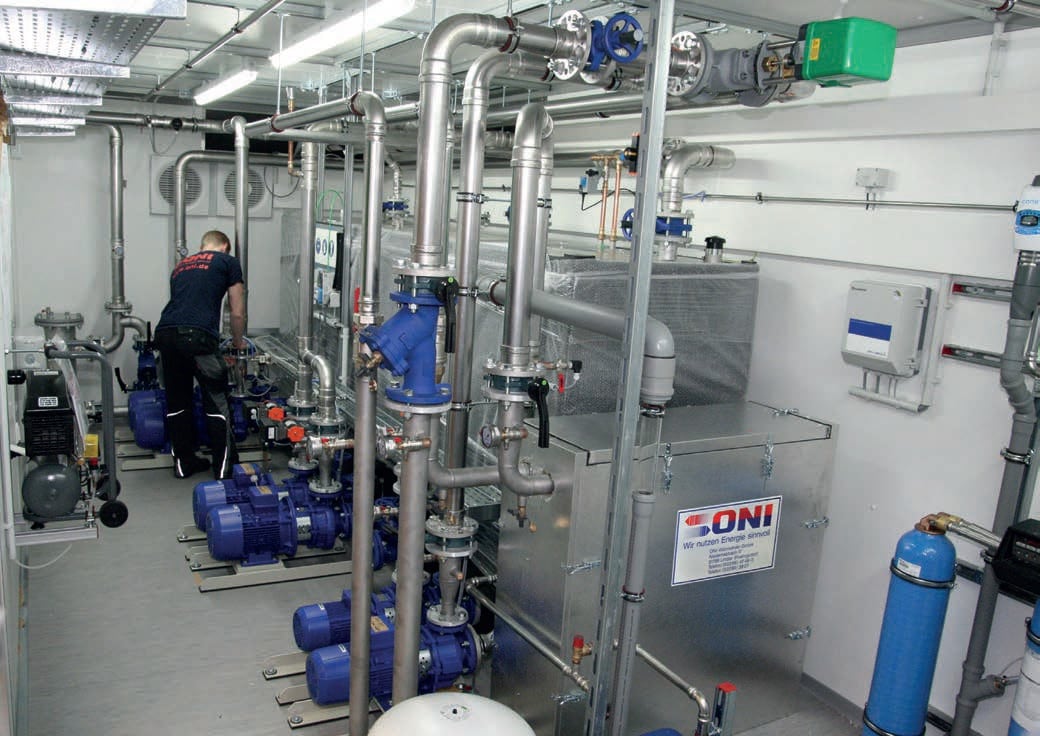
Compulsory energy saving programme
In view of the Federal Government's ambitious goal of reducing CO2 emissions by 40 % by 2020 compared with 1990 levels, energy-intensive companies in particular may be faced with a mandatory energy-saving programme! Energy management and energy audits have already become the driving forces for a holistic energy-saving policy in a whole number of companies. Currently it is still the case that the obligation to establish an energy management system and to continuously implement energy saving measures only has to be met by those companies that want to claim the so-called peak compensation according to §55 Energy Tax Act and §10 Electricity Tax Act. In future, this requirement may be mandatory for all companies. In any case, it is mandatory for all non-SME companies that an energy audit according to DIN EN 6247 be carried out in the company by 5 December 2015. One thing is certain: these initiatives will provide companies with information on the energy situation at their premises for the first time, in a consistent and detailed manner, comparable to a company-specific energy register. This transparency of course also creates opportunities to address problem areas in a targeted manner.
One step ahead
The Radeberg GmbH foundry is an impressive example of how an energy-saving concept can be successfully implemented! With a high-performance partner at their side, energy costs and environmental pollution have been significantly reduced at the same time. For example, energy once paid for is used as efficiently as possible! Innovative and successful in the core business, global development trends were recognised early on and, in addition to the core business, all corporate divisions were optimised in a future-oriented and entrepreneurial manner. Specifically, the previously operated cooling system, which was supplied with cooling energy via an open cooling tower, was replaced by a new cooling system equipped with a closed, glycol-free free cooler as a recooler. This change results in a whole number of advantages for the plant operator.
Constant operating conditions
Continuous and safe operating conditions are crucial in a production plant such as the Radeberg foundry. With the cooling system with open cooling tower used up to now, it was necessary to come to terms with the temperature changes caused by the change of season. In addition, the costs for water treatment and added chemicals in the cooling circuit water had risen steadily over the years. A further problem arises from the newly formulated requirements regarding the hygiene safety of such systems, which have been summarised in VDI 2047 Part 2 "Recooling Plants; Ensuring Hygienic Operation of Evaporative Cooling Systems (VDI Cooling Tower Rules)".
The ideal solution to this problem was to switch from an open to a closed cooling water system. Instead of the cooling tower system, a glycol-free, self-draining free cooling system was installed as a recooling plant. In the new plant, the circuit water no longer comes into contact with the atmosphere, requires a considerably reduced amount of water chemistry and ensures constant temperature conditions in the cooling circuit. In addition, the closed system opens up the possibility of further use of waste heat for heating purposes.
Little energy for a good climate
Even though primary energy prices have fallen slightly in the meantime, the energy cost burden has become a significant factor in the cost structure of companies. In this respect, every one of us would certainly like to have the opportunity to use the energy we use efficiently and as completely as possible. The Gießerei Radeberg GmbH shows how this can be impressively realised in practice. The possibility of efficient use of energy results from the use of an ONI heat recovery system. In concrete terms, cooling water is required for the peripherals of the melting plants of the Radeberg foundry. At full utilisation of the melting plants, approx. 650 kW cooling capacity must be provided via the recooling plant. On the other hand, as in other foundries, it is necessary to supply fresh air to the melting furnace area in order to ensure the necessary air exchange. In the summer months this is no problem, but in the transition and winter months it is absolutely necessary to heat up the fresh air. In many cases, this fresh air is then heated with expensive primary energy such as heating oil or natural gas. In Radeberg, this problem is solved by using a clever concept.
The waste heat from process cooling, which would normally be discharged into the environment via the recooling systems, is used as free heating at the Radeberg foundry. After being heated in process components, the cooling water is not fed to the recooling plants but first to the heating registers of a ventilation system.
Instead of wasting this energy on the environment, the waste heat is used to heat fresh air, which is blown into the production hall via a newly installed ventilation system. Free waste heat is used to replace precious heating energy, heating oil or natural gas. The use of waste heat for heating purposes results in an additional savings effect. At least a large part of the energy required for recooling is not required in the transition and winter months.
Not at zero cost
The implementation of such energy-saving concepts does not, of course, come at zero cost. However, the investments for such measures pay off in a relatively short time. With the currently implemented energy concept, the management of the Gießerei Radeberg GmbH shows how a successful and innovative company with customers throughout Europe can set an example in terms of energy and at the same time make a significant contribution to environmental protection. The economy and ecology of Radeberg Foundry GmbH in Radeberg thus benefit ideally from ONI's innovative and sustainable energy-saving technology.


